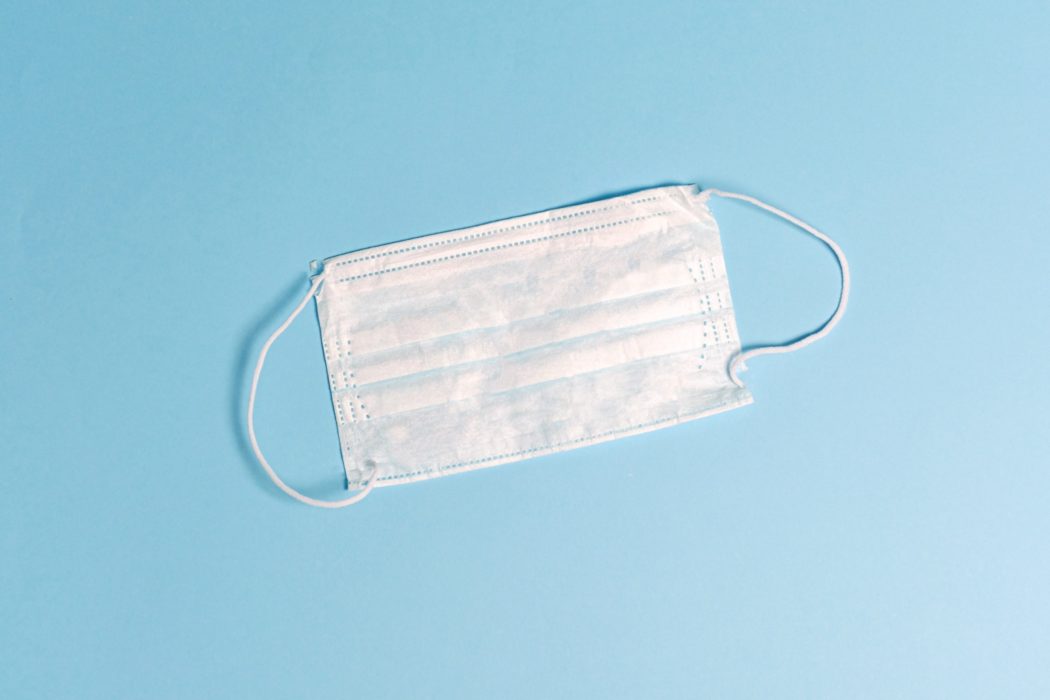
Children ages 2 to 4 will need to mask up at childcare facilities or camps starting April 26 under an extended Department of Health and Human Services (DHHS) order issued Friday.
The order from DHHS Director Elizabeth Hertel comes amid increased COVID-19 cases among younger kids and follows recommendations from the American Academy of Pediatrics and Centers for Disease Control. It also keeps in place the indoor mask mandate and indoor capacity restrictions until May 24.
The Michigan Chapter of the American Academy of Pediatrics (MIAAP) commended Gov. Gretchen Whitmer for her administration supporting the mask mandate to toddlers.
“We know that wearing a mask significantly reduces the spread of infection and should be part of the comprehensive strategy to reduce COVID-19, including for children 2 and up,” said MIAAP President Dr. Matthew Hornik. “Use of masks does not restrict oxygen in the lungs, even in children.”
The addition of masking up children 2 and older was suggested for the first order by DHHS officials but ended up not making the final cut.
“I continue to be incredibly concerned about our state’s COVID-19 data,” said Dr. Joneigh Khaldun, the state’s chief medical executive. “We are still very much fighting this pandemic and seeing concerning trends in new cases and hospitalizations. Michiganders need to be using every tool in our toolbox right now to get these cases and hospitalizations down.”
The DHHS decision comes after COVID-19 positivity rates have seen a recent five-day decline to 17.1%, which remains above the December peak of 14.4%. Case rates are at 613.9 cases per million, well above those from February, but below the pandemic peak in Michigan of 737.8 cases in mid-November. Hospital capacity is at 18.8%, below the early December peak of 19.6%.
Under the order, Michiganders will need to continue wearing a mask at social gatherings, on a bus, inside a building accessible to the public, a gym, or an outdoor organized sporting event. It also keeps in place the limitations on gatherings.
No more than 15 people from more than three households can get together inside a person’s house. No more than 25 people can get together inside a non-residential venue.
If the event is outside, not more than 50 people can gather at someone’s house or private property. No more than 300 can gather at a public venue. This doesn’t include airport, bus stations, gyms, a shopping mall, public pool or any other place where there could be “incidental gatherings.” Other exceptions are listed in the order.
Restaurants need to keep their indoor occupancy at 50% with an 11 p.m. curfew. Indoor stadiums with fewer than 10,000 seats must keep patrons at no more than 375. Those with more than 10,000 seats must keep patrons at no more than 750.
Outdoor venues must keep attendance levels at 1,000 except for those with specific protocols like the Detroit Tigers’ Comerica Park. They can be at 20% capacity.
Stores, libraries, and museums must keep at 50% occupancy. Gyms must be at 30% occupancy. Personal care services like hair salons, massage parlors, and tattoo parlors must be done by appointment with no waiting areas.
Those violating the order risk a 6-month, $200 misdemeanor. Those consistently violating the order can face a $1,000-a-day fine.
The hospitality industry was simply happy to hear the governor’s administration didn’t tighten the screws on the restrictions at a time when Michigan’s spiking COVID-19 case numbers have been the country’s highest for more than a week.
Justin Winslow, the president and CEO of the Michigan Restaurant and Lodging Association, lauded the “difficult but appropriate decision” to continue the current restrictions as opposed to calling for a third shutdown of restaurants.
He called on his members to “remain vigilant and double down on the processes” that will keep patrons safe. Guests were asked to respect the protocols and to respectfully comply for the benefit of others.
Michigan Licensed Beverage Association Executive Director Scott Ellis said a statewide closure of bars and restaurants wouldn’t have made sense.
“New cases, outbreaks and hospitalizations vary greatly depending on where you are in the state,” Ellis said. “The governor’s recent actions have even garnered support from some of her Republican colleagues across the state, including leadership.”